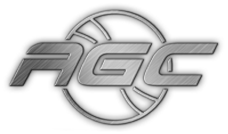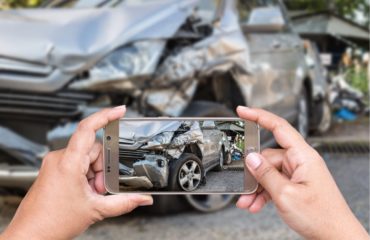As a consumer of automotive collision repair, you have a number of rights which, if exercised, could better ensure that your vehicle will be repaired in a proper, complete and safe manner. Consider the following.
Choice of Repair Facility
Choosing the body shop where your vehicle will be repaired is an important decision, and in most cases, you have the right to make that decision. Not all shops are alike, however, when it comes to having properly trained technicians and the equipment and facilities needed to fix your vehicle right, so making a well informed choice is key.
Your insurance company may suggest you use one of its “direct-repair facilities”—these are shops with which the insurer has a contractual agreement, including both dealership and local independent shops. However, the California Auto Body Consumer Bill of Rights amended January 1, 2010 by then-Insurance Commissioner David Jones clearly states, “An insurance company shall not require the repairs to be done at a specific auto body repair shop.”
AGC Collision is proud to be a direct repair facility for the following insurers:
- Amica
- AIG Private Client Group
- Esurance
- Mercury
- Ameriprise
- MetLife
- Chubb
- GEICO
In addition, AGC Collision works with all major insurance companies. If you don’t already have a favorite body shop in mind, please consider AGC Collision. Please review our qualifications on this website, or feel free to stop by to see our modern facility and talk with our customer service representatives. It may be best to take the time now to decide on a shop, before the need arises.
We hope AGC Collision will be your shop of choice. But in any case, remember, the body shop is fixing YOUR vehicle for YOU, and it’s important YOU are comfortable with the shop you choose. If you’re making an insurance claim, your insurer pays the bill, but most states prohibit the insurer from requiring you use a particular shop—that means, ultimately, no matter what you hear, the body shop is YOUR CHOICE.
Choice of Repair Parts
As a consumer, you have the right to request that your vehicle be repaired only with Original Equipment (OE) parts. These are the same parts that your vehicle manufacturer distributes to ensure proper fit, function, and most importantly, safety. This choice is influenced by two factors: your insurance policy limitations and local (state) laws and regulations regarding collision repair.
Insurance Policy Limitations
Prior to being involved in an accident, check your policy to see what allowances may, or may not be made for certain part types.
Some policies may allow for OE parts in all circumstances, while others may allow for OE parts depending on the age of the vehicle. Some may specifically call for use of parts that are “like kind and quality,” usually indicating salvage parts. In other cases, insurance companies may offer two auto policies; one that specifies that only OE parts be used, and another specifying the use of only alternative parts.
In addition, there may be policies available through a plan endorsed by your vehicle manufacturer, which assures OE parts for that brand of vehicle. Find out before you buy!
If your insurance policy only allows aftermarket or salvage parts, you may still insist on OEM parts, but may have to pay the cost difference. The cost difference may be minimal for the added safety and peace of mind. Check with your body shop representative.
State Laws and Regulations
Most states require repair shops and/or insurers to disclose to their customers when something other than OE parts will be used, usually as part of the estimating process.
Far fewer states—about a quarter—also require shops and/or insurers to get your consent before using non-OE parts. These laws and regulations vary greatly, however, and most come with time limits—such as two years/30,000 miles—or other restrictions.
There also are several states with no disclosure or consent rules currently in place for collision repair. Protect your family and your vehicle investment, and know your rights BEFORE YOUR VEHICLE IS REPAIRED.
The Right to a Safe, Properly Repaired Vehicle
Everyone deserves to drive or ride in a safely repaired vehicle; one that will perform properly in the event of a subsequent collision. But don’t leave safety to chance. Ask questions about the parts that will be used, and how your car will be repaired. Ask about the technicians’ training and if the shop is “certified” or “recognized” within the collision repair community. Ask if the shop follows the car maker’s recommended repair procedures and protocols. You have rights, but rights must be exercised. Get involved in the repair of your vehicle.





You must be logged in to post a comment.